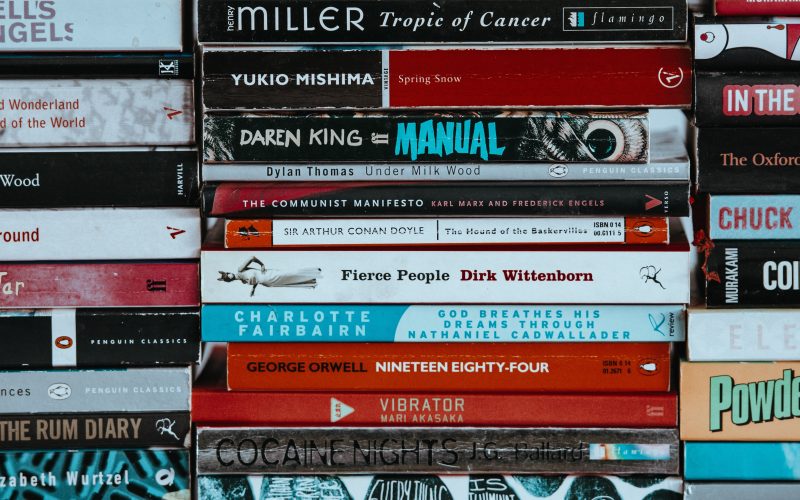Literature has the power to transport us to different worlds, to introduce us to new ideas and perspectives, and to help us understand the experiences of others. However, for too long, the voices of marginalized communities have been underrepresented in literature. This lack of diversity not only limits the stories we hear but also perpetuates harmful stereotypes and reinforces systemic inequalities. In this article, we will explore the importance of diversity in literature and highlight some of the voices that need to be heard.
What is Diversity in Literature?
Diversity in literature refers to the representation of a wide range of experiences and perspectives in the books we read. This includes but is not limited to race, ethnicity, gender, sexuality, religion, ability, and socioeconomic status. When we have a diverse range of voices in literature, we are better able to understand and empathize with people who are different from us. We can also challenge our own biases and assumptions and learn about the experiences of others.
Why is Diversity in Literature Important?
Diversity in literature is important for several reasons. First, it helps to combat stereotypes and prejudices. When we only hear one perspective, we are more likely to believe that it is the only perspective. This can lead to harmful stereotypes and misunderstandings. By including a diverse range of voices in literature, we can challenge these stereotypes and broaden our understanding of the world.
Second, diversity in literature is important for representation. When people see themselves reflected in the books they read, it can help to build self-esteem and a sense of belonging. This is especially important for marginalized communities who have historically been excluded from mainstream literature.
Finally, diversity in literature is important for education. When we read books that represent a wide range of experiences, we are better able to understand the world around us. This can help us to be more compassionate and empathetic citizens.
Voices That Need to Be Heard
There are many voices that have historically been underrepresented in literature. Here are just a few examples:
– LGBTQIA+ Voices: LGBTQIA+ people have historically been excluded from mainstream literature. However, there are now many books that represent a wide range of LGBTQIA+ experiences. Some examples include “Red, White & Royal Blue” by Casey McQuiston and “The House in the Cerulean Sea” by TJ Klune.
– People of Color: People of color have also been underrepresented in literature. However, there are now many books that represent a wide range of experiences. Some examples include “The Vanishing Half” by Brit Bennett and “The Hate U Give” by Angie Thomas.
– Disabled Voices: Disabled people have historically been excluded from mainstream literature. However, there are now many books that represent a wide range of disabled experiences. Some examples include “The Sound of a Wild Snail Eating” by Elisabeth Tova Bailey and “The Kiss Quotient” by Helen Hoang.
– Religious Voices: Religious diversity is also important in literature. There are many books that represent a wide range of religious experiences. Some examples include “The Autobiography of Malcolm X” by Malcolm X and “The Red Tent” by Anita Diamant.
Conclusion
Diversity in literature is important for representation, education, and combating stereotypes. By including a wide range of voices in literature, we can challenge our own biases and assumptions and learn about the experiences of others. There are many voices that have historically been underrepresented in literature, but there are now many books that represent a wide range of experiences. It is up to all of us to seek out and celebrate these voices and to continue to push for greater diversity in literature.












